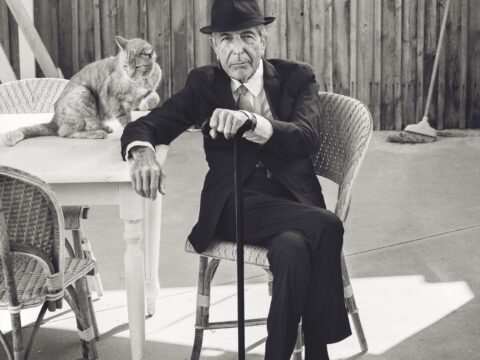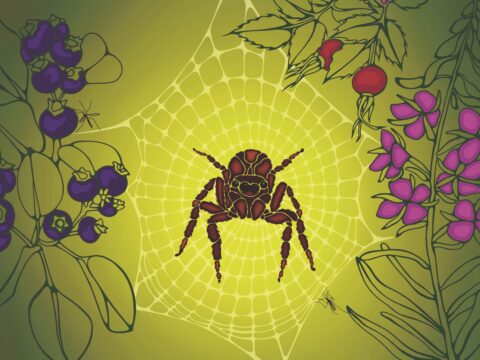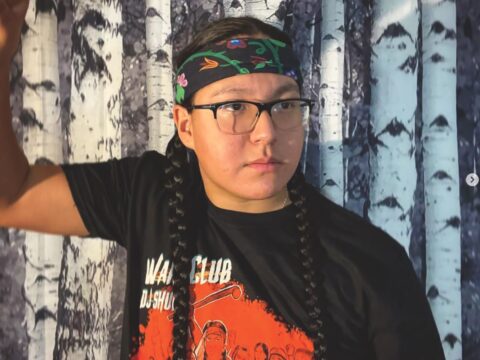A grassroots movement that connects farmers and other landholders with Indigenous land users in rural Saskatchewan has attracted the support of The United Church of Canada Foundation. The Treaty Land Sharing Network, which invites Indigenous people to pick medicine, hunt and hold ceremonies on land owned by non-Indigenous farmers, was awarded $22,800 on May 30.
For Brad Desjarlais, a subsistence hunter from Fishing Lake First Nation who has had clashes with farmers, the support is appreciated. “It’s something that should have been done years ago,” he says of the initiative.
You may unsubscribe from any of our newsletters at any time.
Mary Smillie, a member of the network’s co-ordinating committee, says that the funds are earmarked for educational events and hiring a staffperson.
Smillie, who is also a farmer and landholder near Bladworth, Sask., values the goal of reducing barriers to land access for Indigenous people. “Indigenous folks on the Prairies have been systematically banned or prohibited from practising their Indigenous ways of living,” she says.
“The treaties out here were written in the spirit of land sharing between First Nations or Indigenous folks and the settlers that were arriving,” she adds. “Since those treaties, there’s just been layer upon layer upon layer of prohibitions preventing Indigenous land use.”
It’s taking time for Indigenous people to feel safe accessing the land under the auspices of the program. An initial $19,400 Seeds of Hope grant by The United Church of Canada Foundation in 2021 was partly directed toward signage designed to combat hesitancy.
Desjarlais was initially skeptical of the program. But he’s now confident about its capacity to repair relationships and is helping to expand its reach.
“I don’t want to always be afraid of the farmers. I’d like to be friends with them, actually,” he says. “All I want to do is maybe get some food on their land.”
***
Julie McGonegal is an associate editor at Broadview.
This story first appeared in Broadview’s September 2022 issue with the title “Foundation funds treaty land-sharing initiative.”















The use of the land has always seemed to me to be a difficult problem to solve. It is great to see a small movement towards solving it.. Rob.